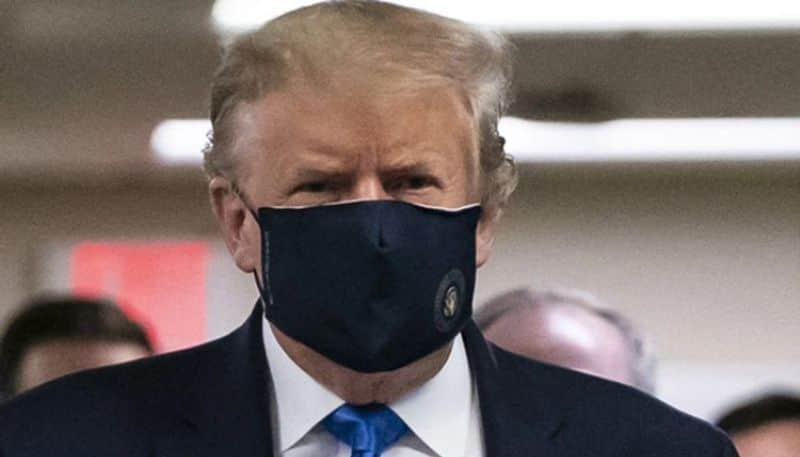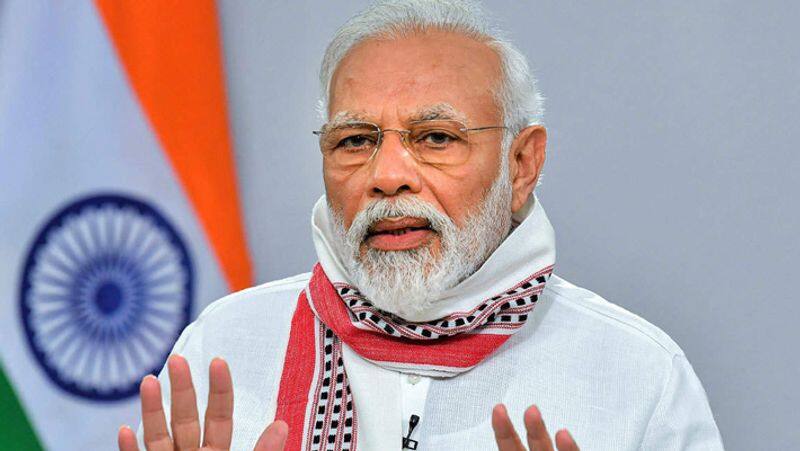As many as 25 US Congressmen have written to the President Donald Trump urging him to follow in the footsteps of India in banning Chinese apps
Bengaluru: The decision by the Narendra Modi government to ban as many as 59 Chinese apps in the wake of Galwan clashes has sent a strong message to China that India will not kowtow to its demands and will offer stiff resistance to its aggressive attempts.
Weeks after this phenomenal move by the Indian government, as many as 25 US Congressmen have written a letter to the President Donald Trump to follow in the footsteps of India.
The letter praised India for the “extraordinary” step it took in June to ban the Chinese affiliated-apps, including TikTok, due to national security concerns. Chinese Communist Party’s (CCP) systemic campaign to collect and illicitly transmit user data to the Chinese govt is not unique to Indian consumers,” it read.

It further added, “The US shouldn’t trust TikTok or other Chinese-affiliated social media websites/apps to protect Americans’ data, privacy or security. We urge you to take strong action to stop CCP’s sophisticated espionage campaign against our country and protect our national security.”
US National Security Advisor Robert O’Brien had said, “India has already banned those apps, as you know. And if they lose India and the United States, they lose some western European countries, that takes a big tool away from the espionage work or the surveillance work of the CCP (Chinese Communist Party).”
The Indian government had received many complaints from various sources including several reports about misuse of some mobile apps available on Android and iOS platforms for stealing and surreptitiously transmitting users’ data in an unauthorized manner to servers which have locations outside India.
This could come as a major blow to China’s Digital Silk Route ambitions, eroding millions of dollars from valuation of its companies. This could also lead to more countries following India’s path in acting against these Apps.

In April this year, the home ministry had issued an advisory on use of Zoom on the recommendation of the national cybersecurity agency – Computer Emergency Response Team of India (CERT-in). India wasn’t the first country to restrict use of Zoom within the government. Taiwan has banned government agencies from using Zoom, the German Foreign Ministry restricts its use of Zoom to emergency situations on personal.
Last Updated Jul 16, 2020, 5:49 PM IST









![Salman Khan sets stage on fire for Anant Ambani, Radhika Merchant pre-wedding festivities [WATCH] ATG](https://static-gi.asianetnews.com/images/01hr1hh8y86gvb4kbqgnyhc0w0/whatsapp-image-2024-03-03-at-12-24-37-pm_100x60xt.jpg)
![Pregnant Deepika Padukone dances with Ranveer Singh at Anant Ambani, Radhika Merchant pre-wedding bash [WATCH] ATG](https://static-gi.asianetnews.com/images/01hr1ffyd3nzqzgm6ba0k87vr8/whatsapp-image-2024-03-03-at-11-45-35-am_100x60xt.jpg)


